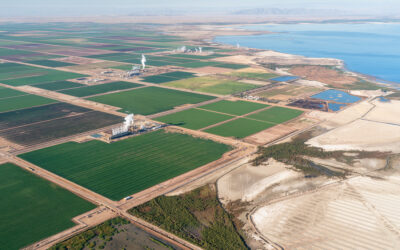The FTC has approved a $69-million settlement with Frontier Communications over allegations they misrepresented internet service speeds to customers in Riverside and Los Angeles County.
Without admitting wrongdoing, Frontier agreed to pay $8.57 million in costs and civil penalties; $250,000 that will be distributed to California consumers who were impacted by the alleged conduct, and to build up its fiber optic internet network to an additional 60,000 homes in California over the next four years, an investment estimated to cost between $50 to $60 million.
In Riverside County, prosecutors identified apparent violations of the state False Advertising Law and the Unfair Competition Law, both provisions of the Business & Professions Code.
The investigation and prosecution of the case was conducted by Riverside and Los Angeles county’s district attorneys, in conjunction with the Federal Trade Commission. The Riverside County District Attorney’s Consumer Protection Unit took the lead in prosecuting the case.
According to Riverside County District Attorney Mike Hestrin, the negotiated settlement will prohibit Frontier from misrepresenting their internet service speeds, from “provisioning” or “capping” internet speeds below certain thresholds, and bar them from selling internet packages without a reasonable belief that Frontier can indeed provide those speeds to the consumer’s home. Current Frontier customers who are paying for speeds they are not receiving will be notified by the company and given the option to keep or terminate the service.
Riverside County prosecutors said that Frontier offered customers various digital subscriber line “tiers” guaranteeing fast internet connectivity. However, going back to January 2015, complaints began flowing to Frontier and government agencies that the company was not delivering the promised services, according to the D.A.’s office.
The FTC alleged that Frontier “did not provide many consumers with the maximum speeds they were promised, and the speeds they actually received often fell far short of what was touted in the plans they purchased.” In its announcement of the lawsuit last year, the agency noted, “Many consumers complained that slower internet speeds provided by Frontier failed to support typical online activities that should have been available at the speed tiers sold to them.”
“Consumers must receive the internet service they are paying for,” L.A. County District Attorney George Gascón said when the suit was filed. “We will not stand by while consumers fulfill their end of the contract and companies fail to fulfill theirs.”
According to the company, it opted to settle the case “in good faith to put it behind us so we could focus on our business — that’s in the best interest of all our stakeholders, and especially our customers.”




